Placenta Encapsulation: 10 Reasons To Consider This After Birth
Have you heard about placenta encapsulation? If you are pregnant or considering this in the future, don’t miss these 10 reasons to consider encapsulating your placenta after giving birth.
Often, as a woman prepares for pregnancy & childbirth, they will discover the prevalence of baby blues and even postpartum depression. I can tell you, first hand, it’s real and it’s not always easy to avoid or prepare for. Even when I just thought I had a mild form of “baby blues”, I found it difficult to bond and care for my newborns- not to mention myself.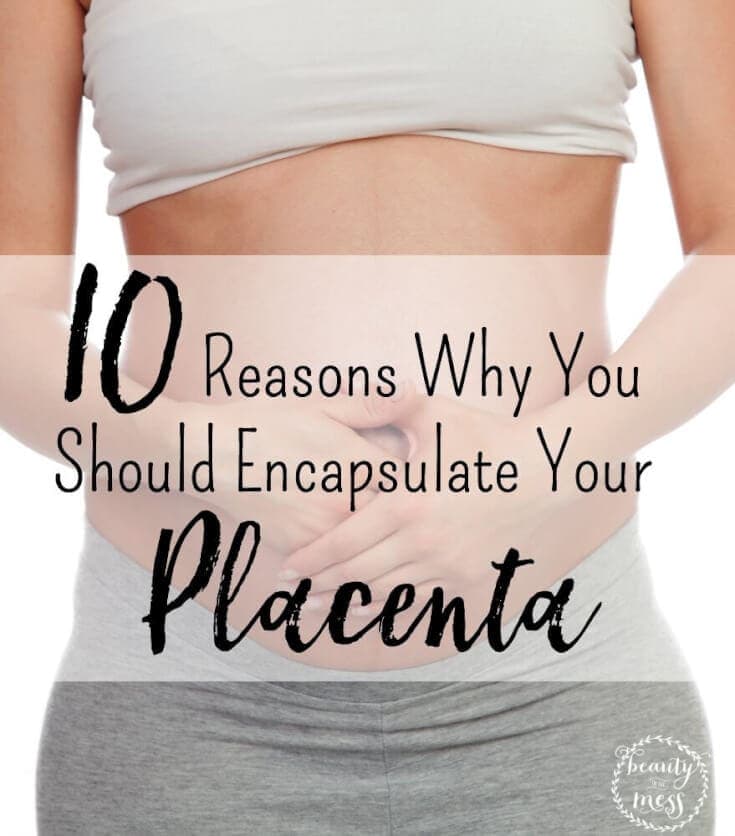
Why Consider Placenta Encapsulation After Birth?
Luckily, there is one growing practice that is helping mothers ease into the transition of motherhood. Placenta Encapsulation (PE). Have you heard of it? The placenta has long been known in Chinese culture, and around the world, to contain hormones and nutrients that help moms recover from childbirth and ease the hormonal changes that occur in the postpartum period. One of the easiest ways to reap the benefit is to consume the placenta as a dried powder, hidden inside of a gelatin capsule. Makes it very clean, practically tasteless and easy. This is placenta encapsulation.
1. Research.
I personally read more than 8 research studies on factors of postpartum depression (PPD), placenta nutritional content and animal & human studies on its positive effects, sourced from some leading scientific journals(1-8). I felt the issues surrounding PPD & the benefits discovered from Placenta Encapsulation fit together like bacon & eggs!
2. Safety.
I called up a certifying agency, (PlacentaBenefits.info) to see about adverse reactions recorded from the population. She was so helpful- But had almost nothing to say. She said it’s important to educated clients on dosage, because they can get some jittery side effects from too many of the hormones at once, but that in general, they don’t receive complaints. Just praise!
3. Prevention.
The biggest thingPlacenta Encapsulation is touted to help with is easing baby blues and some who had experience PPD after previous pregnancies report feeling much better the next time around, using PE. Not only had I heard and read a large variety of reports of women thrilled that they were able to cope better during postpartum than in previous pregnancies, but I have read the actual research that confirms the causes of PPD and the resources provided by a placenta closely correspond (1-5).
4. Breastfeeding.
Did you know that a study was done that showed women who consumed the placenta after birth had more abundant milk supply (8)? This one benefit of PE for me was vital- If that was all it offered, I would have done it. Nursing my first baby was HARD and I was ecstatic to have such an abundant milk supply for my second.
5. Recovery.
Those who choose Placenta Encapsulation report their bodies to recover faster from birth. The placenta can contain vitamins, minerals, hormones (made by you and for you!), and more, that can help the body heal after childbirth.
6. Simple.
I saw how PE could possibly be a simple way to prevent PPD, rather than ending up with it and having to take prescribed drugs to combat it. Placenta pills are nonaddictive, nonhabit forming and have very few side effects. They are your hormones, your vitamins & minerals you already assimilated, and your body made it. I figured taking my placenta was much like what happens in my body as cells die and nutrients are recycled in my body. For me this seems much easier than playing with choices of antidepressants and dosages. I saw the simplicity in it.
7. Specific.
The placenta is an endocrine organ, so it creates hormones. Many women struggle with PPD, and it can be caused by any number of hormonal imbalances. Antidepressants usually come on the scene a little too late, and it can be difficult to find the right one, and the right dose, to suit your needs. Placentas have a very special way of containing the specific hormones you need- The hormones are made by your placenta, and it contains your pregnancy hormones.
The placenta is also known to contain many nutrients. It’s common knowledge that your body needs whole food nutrients in order to absorb & utilize the beneficial resources in food- And here we’re dealing with a very nutrient dense tool that may very well help you absorb the hormones as well. As your hormone levels drop after childbirth, the placenta pills may gently and specifically aid in that process. What else could be formulated for you so well, and available quickly after childbirth?
8. Bonding.
Many mothers report feeling happy & energetic more quickly after birth (than with previous children) when they encapsulate and take their placenta. This allows them to bond better with their child, and be better caretakers. It’s a God-given gift for a woman to feel those wonderful happy feelings after birth- that’s how our bodies were created to respond to childbirth. But those who have experienced PPD can often tell you they missed out on that part, which may negatively affect bonding & parenting. Placenta Encapsulation is a great solution and addition to the early day’s post-birth.
9. Strategy.
The idea of strategic living comes up often on my blog because it’s how I make many everyday choices. I decided to encapsulate my placenta because it was a strategic way to help my body. I can’t think of any other way to help so many postpartum issues at once: Boost mood, increase milk supply, aid in healing, balance hormones, give me energy, help with bonding, and more, all in one. Score.
10. It’s not cannibalism.
I’ve read some thoughts against this practice, from Christians, because some see Placenta Encapsulation as cannibalism & fundamentally unclean because of the blood. First of all, this is not cannibalism. The placenta is not alive, and after birth, it is no longer a vital organ necessary for life (unless you have a lotus birth- then, by all means, leave the placenta for baby!). What body or soul was damaged in the consumption of your own placenta?
Secondly, per the traditional Chinese placenta processing technique, encapsulation specialists are actually very careful to drain the blood from the placenta. And, of course, God created almost every animal to practice placentaphagy. That does not inherently make it good, but it does bring to the question: Did God make all these animals cannibals then? Are all animals unclean which consume their own placentas? Of course not!
The Truth About Post Partum Depression
Last but not least, ladies, let me say this: If you do encounter PPD, do not entertain the thought “I should not feel this way”. Because the fact is, you DO feel that way. The only place to go from there is finding a solution, not living with guilt or regrets. You are a precious, adored child of God. And if you are dealing with a struggle, you can bet that He is right there by your side, loving you, holding your hand and walking through this with you. The only “should” with PPD is to fall into the arms of Jesus, and talk to a friend, counselor &/or doctor who can help you find your way.
Here’s to living: Happier, healthier more strategic lives!
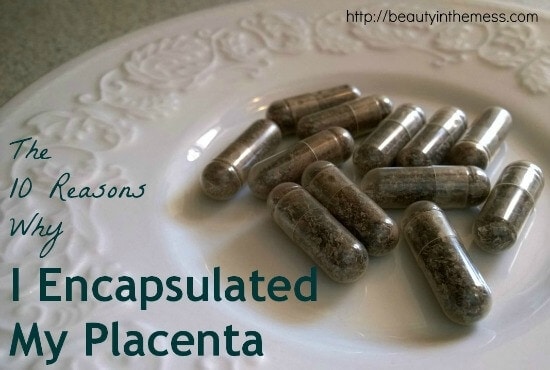
Bio: I’m a Christian, healthy living, nurse, wife & mom of 2. We live simply, so others can simply live. We live strategically so that we can hopefully have more health, energy, money & impact when it comes to serving the Lord. This Tree of Life connects all things; Your family to ours, our actions to the earth, our earth to our bodies and everything to our Creator.
References:
1.Bozoky, Ingrid MS, FNP, Corwin, Elizabeth J., Ph.D, MSN, CRNP. “Fatigue as a predictor of PPD”. JOGNN. 31:4 (2002): 436-443
2. Bodnar, Lisa M., Ph.D, MPH, RD., Cogswell, Mary E., DrPH, RN, McDonald, Thad, MD. “Have We Forgotten the Importance of Postpartum Iron Deficiency?”. AJOG. 193 (2005): 36-44
3. Beard, John L., Hendricks, Michael K., Perez, Eva M. “Maternal Iron Deficiency Anemia Affects Postpartum Emotions and Cognition.” The Journal of Nutrition. 135 (2005): 267-272.
4. McCoy, Bonnie A., MS, Bleiler, Roberta E., PhD, Oleson, Margaret A., Ph.D. “Iron Content of Intact Placentas and Cords”. AJCN. 9 (1961): 613-15
5. Corwin, Elisabeth J., Brownstead, Jean, Barton, Nichole. “The Impact of Fatigue on the Development of Postpartum Depression”. JOGNN. 34 (2005): 577-586.
6. Hendrick, Victoria, MD., Altsheuler, Lori L., MD., Suri, Rita, MD. “Hormonal Changes in the Postpartum and Implications for Postpartum Depression”. Psychosomatics. 39 (1998): 93-101.
7. Krystal, Mark B. “Placentophagia: A Behavioral Enigma”. Neuroscience & Behavioral Reviews. 4 (1980): 141-150.
8. Soykova-Pachnerova, Eva, Brutar, Vlastimil, Golova, Berta. “Placenta as a Lactagogon”. Gynaecologia. 138 (1954): 617-627.
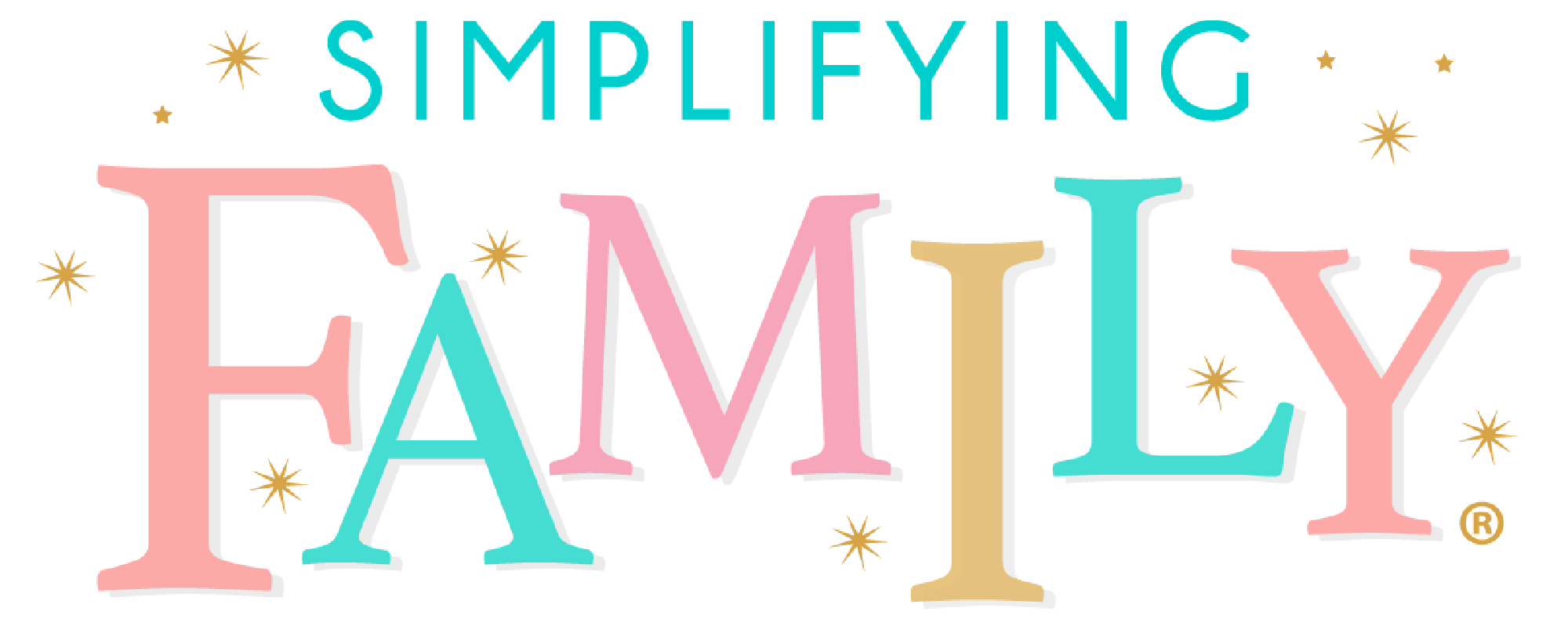
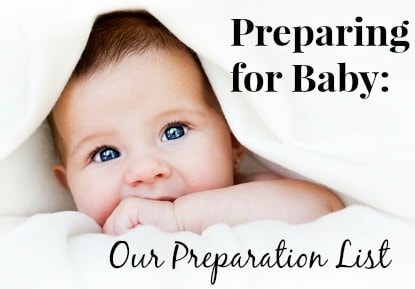

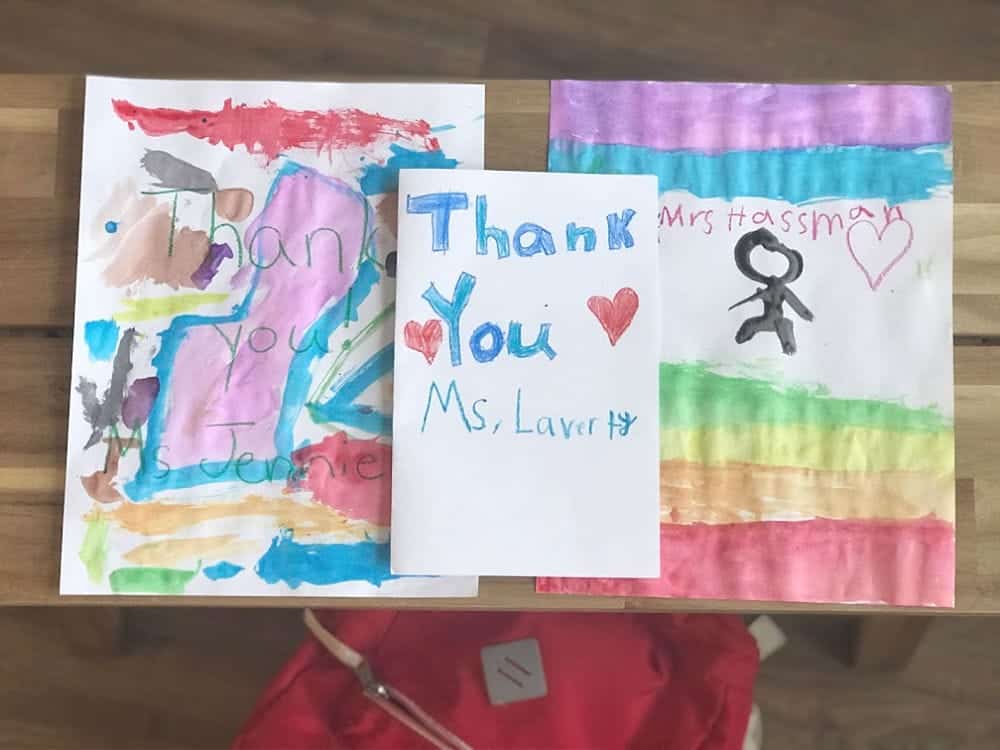

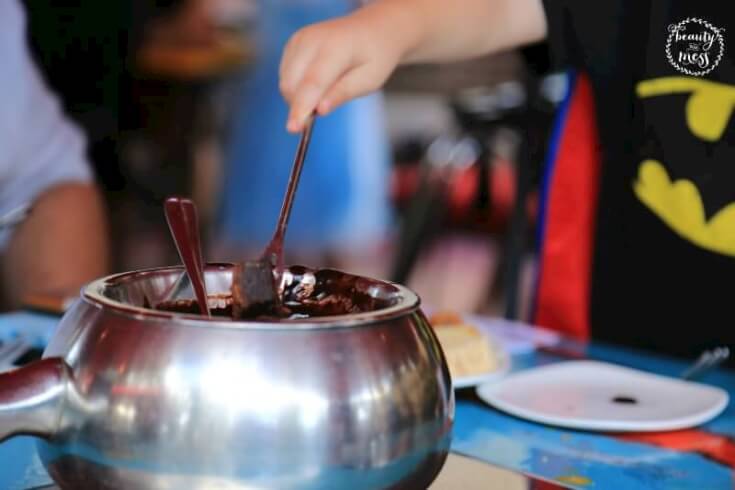
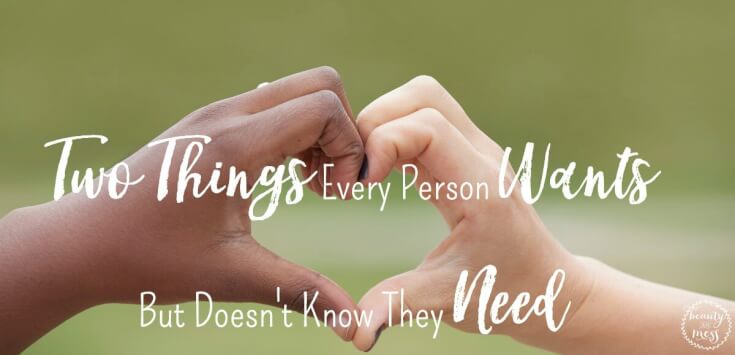
Cool! I always wondered about that. Our goats eat theirs… why don’t we eat ours, if it’s so healthy? Thanks for answering my unasked question!!!
I live in a very small town very far away from any big cities that do any PE. Any advice on how I may still be able to do PE once my child is born? TIA
Thank you so much for the info! This seems to be a newer trend since I had my first 14 years ago, so I was curious. So grateful I ran across your article! I personally won’t be doing anything special with my placenta this time around, but I appreciate you taking your time to use your knowledge and inform others.
*Just a side note: my husband and I farm cattle; our family farms horses and goats, etc. The reason why animals eat their own afterbirth is to keep away predators–from the herd as well as the newborn.
Fascinante!
Existe posibilidad de que me compartas los estudios que has usado como referencia en pdf?
Mil gracias
¡Gracias por leer! Esta fue una publicación invitada escrita por una enfermera hace ocho años. ¡Si puedo contactarla, le preguntaré si tiene un recurso en pdf!